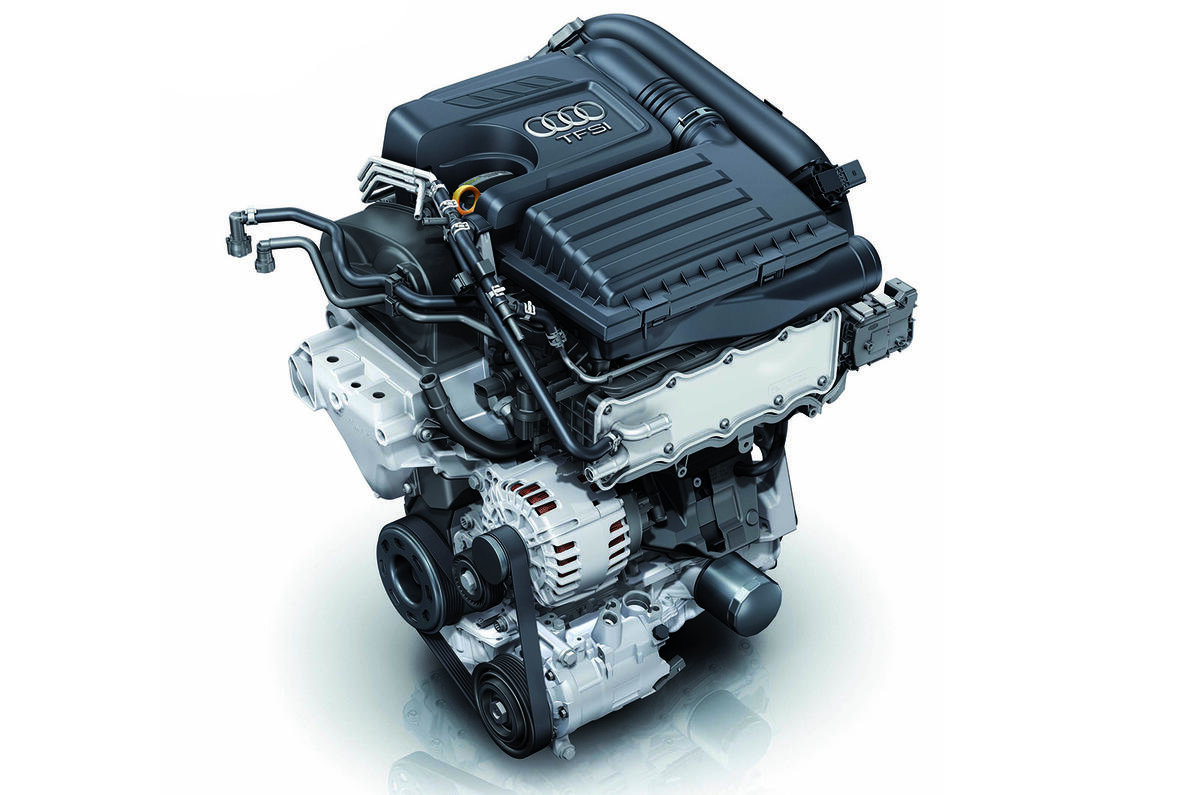The Volkswagen Group is preparing a revolution in petrol engine efficiency, according to hints from Audi technical chief Ulrich Hackenberg.
Speaking at Audi’s recent annual conference, he said engines with “electro-mechanical assistance for forced induction” and “variable compression ratios” were in development.
Hackenberg also said coasting would become an important fuel-saving technology over the next few years. A coasting function - where the transmission disengages from the engine on the overrun - is already built into some VW Group models equipped with dual-clutch automatic gearboxes.
Hackenberg gave no details on how Audi will introduce variable compression ratio technology, but the principle has long been something of a Holy Grail for engine designers. Being able to vary an engine’s compression ratio depending on the immediate demands being placed on it should lead to significant advances in efficiency.
In 2000, Saab demonstrated its experimental supercharged and turbocharged SVC engine, which used a tilting block to change the volume of the combustion chamber and, therefore, the compression ratio. More recent designs have altered compression ratios by changing the throw of the crankshaft or through the manipulation of conrods.
Audi demonstrated electrically assisted forced-induction technology in the summer of 2012 as part of an experimental twin-turbo V6 engine. It used an electrically driven turbo which was spun up to high speed by a motor and used to force air into the engine at low speeds — something a normal turbo cannot do until the engine is running at higher revs.
This technology not only allows turbocharged engines to perform effectively from a standstill, but is also very effective for downsized two and three-cylinder engines.
Hackenberg said coasting technology - which has significant fuel-saving potential - would arrive in four stages. The first level already features on some dual-clutch ’boxes, with the next version expected to function when the car is travelling below 4mph. The ultimate version will see the transmission decoupling and the engine shutting down when cruising at speed, travelling downhill or approaching traffic lights that are about to turn red.
Electric turbochargers, variable compression ratios, cylinder deactivation and coasting combined have the potential to hugely improve the real-world economy of future petrol engines.






Join the debate
Add your comment
Coasting/Free Wheeling Clutch
Pulling a lever could engage the clutch for engine compression braking, handy if you were going down steep hills.
re: Prius poor economy and reliability
I'm happy anyway. It's certainly a lot better than our previous car, a Citroen C4 Picasso with that hateful 1.6 HDI, the awful EGS gearbox and unbelievably shoddy air suspension.
You must have been extraordinarily unlucky!
The same unit in my own vehicle is regularly mistaken by people who ride in it for a petrol one. There are some poor diesels around (the Hdi is not one of them) but even in those cases I think "hateful" is much too strong.
The concerns of others about the seeming tendency of VW to get their customers unwittingly to do the development testing on new technology is shared!
I don't want to be negative